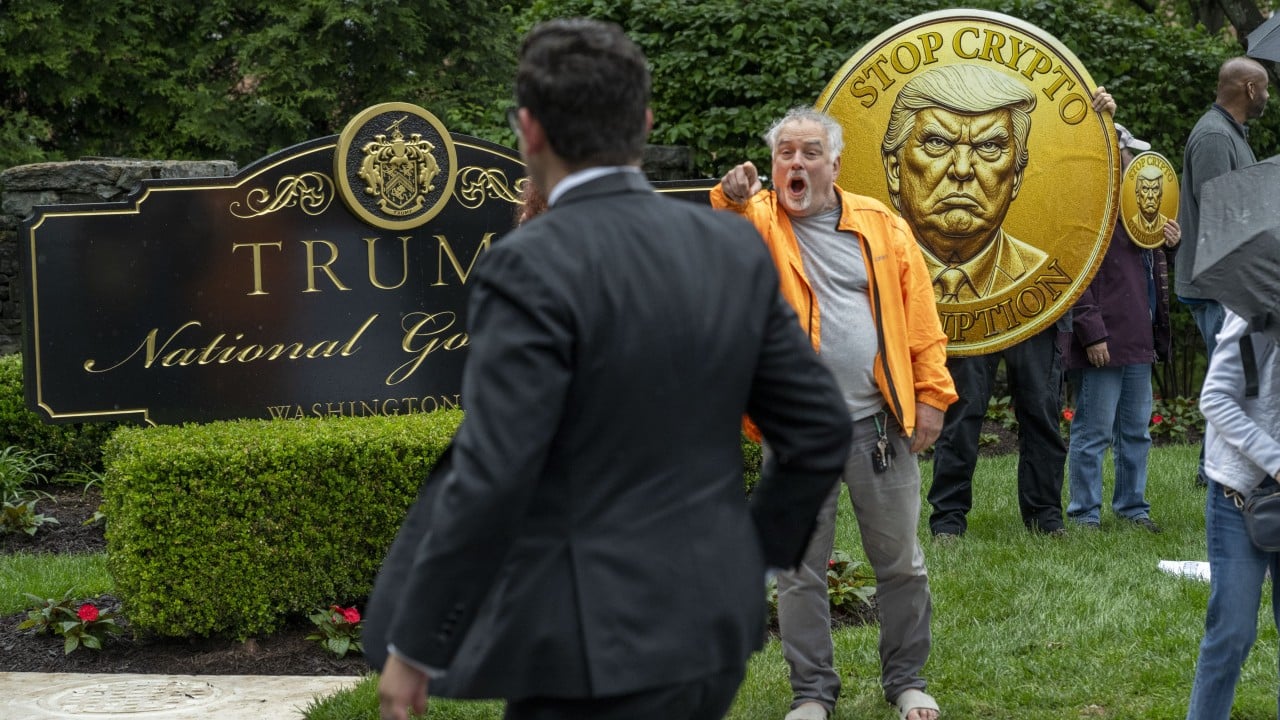Fashionable, frivolous or downright foolish? Which of these words best describes the trend in markets toward derivatives, cryptocurrencies, digital assets and tokens as supplements or alternatives to traditional finance? Where is this great “paper chase” leading?
Advertisement
For one thing, it is likely to be causing a flight into gold. But unless gold is remonetised and mining output is stepped up sharply, that trend could lead to deflation and limited economic growth. So a retreat to sustainable safety will not be achieved via that route.
The fact seems to be that the world – or at least the Western world – has lost its compass or common sense and is heading down a path towards economic and moral anarchy unless it abandons its irresponsible obsession with new, faddish and often highly risky forms of finance.
In the world of finance, control is increasingly being separated from ownership of assets. Gone are the days when shareholders felt they genuinely owned part of the companies in which they bought stocks, shares and bonds.
Gone, too, are the days when relatively few of those companies’ shares were amalgamated into mutual funds or investment trusts as a means of facilitating ownership of shares in a number of companies. The Exchange Traded Fund (ETF) revolution means investors now own and actively trade indices containing the securities of hundreds of firms.
Advertisement
We all know where this kind of thing led. The 2008 global financial crisis had its roots in the international proliferation of so-called subprime mortgages, where mortgage loans were sliced and diced into a myriad of tradeable securities, regardless of the quality of individual borrowers. It ended in financial disaster.

